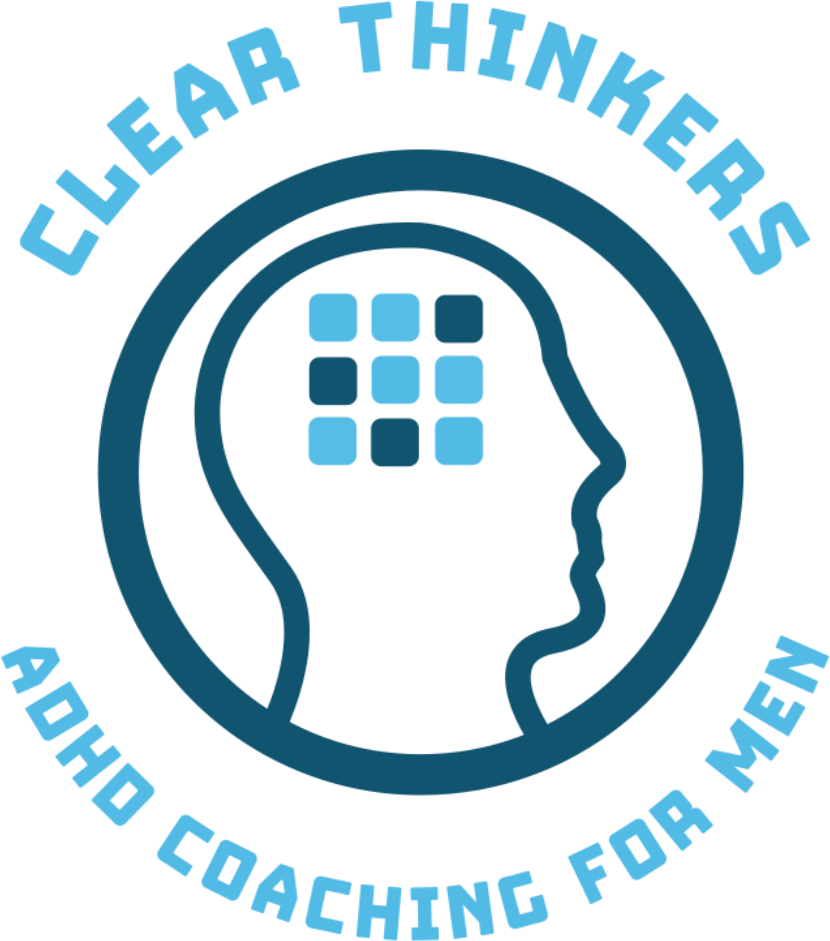When managing ADHD, most people focus on therapy, medication, or coaching. But one critical element often overlooked is diet. While diet alone may not cure ADHD, the right nutritional choices can significantly influence cognitive function and overall symptom management. For men with ADHD, understanding the connection between what they eat and how they think can be life-changing.
Learn more about adult ADHD management at Zeitlin Coaching.
How Nutrition Affects ADHD Symptoms
The foods we consume directly impact brain chemistry, influencing behaviors, mood, and cognitive performance. Men with ADHD often struggle with impulsivity, focus, and energy regulation. Eating the right foods can help balance neurotransmitters like dopamine and serotonin, which play key roles in attention and mood.
At Zeitlin Coaching, we emphasize the holistic management of ADHD, including nutritional guidance.
Key Nutrients for Men with ADHD
To improve ADHD symptoms and support cognitive health, focus on these key nutrients:
1. Omega-3 Fatty Acids
Omega-3s are crucial for brain health, influencing dopamine production and synaptic plasticity.
- Sources: Fatty fish (like salmon), flaxseeds, and walnuts are rich in omega-3s.
- Impact: Studies have shown that omega-3 supplementation can improve attention, hyperactivity, and impulsivity in individuals with ADHD.
Explore more on executive function support here.
2. Protein-Rich Foods
Protein helps produce neurotransmitters that regulate mood and attention.
- Sources: Lean meats, eggs, beans, and lentils.
- Impact: Protein-rich meals can stabilize energy levels, improve focus, and enhance cognitive performance throughout the day.
3. Complex Carbohydrates
Unlike simple carbohydrates, complex carbs provide a steady source of glucose, which is the brain’s primary energy source.
- Sources: Whole grains, legumes, and vegetables.
- Impact: Including complex carbs in meals can reduce irritability and improve concentration.
4. Iron and Zinc
Iron and zinc are vital for dopamine production and utilization.
- Sources: Red meat, pumpkin seeds, and spinach.
- Impact: Low levels of iron and zinc have been associated with worsening ADHD symptoms.
5. Magnesium and Vitamin B6
These nutrients play a role in regulating mood and reducing hyperactivity.
- Sources: Bananas, nuts, and dark leafy greens.
- Impact: Magnesium and B6 can help reduce restlessness and improve sleep quality, often a challenge for men with ADHD.
Discover more about adult ADHD strategies at Zeitlin Coaching’s services page.
Foods to Avoid for Better ADHD Management
While adding nutrient-rich foods is essential, it’s also important to minimize foods that may aggravate ADHD symptoms:
- Sugar and Processed Foods
Sugar can cause blood sugar spikes followed by crashes, leading to hyperactivity and irritability. Processed foods often contain artificial colors and preservatives, which have been linked to behavioral changes in those with ADHD. - Caffeine
While caffeine can enhance focus in some men with ADHD, overconsumption may increase anxiety and restlessness, which counteracts the benefits. - Gluten and Dairy (for some individuals)
Some people with ADHD find symptom relief by reducing or eliminating gluten or dairy from their diets, particularly if they have sensitivities.
For additional dietary advice tailored to men with ADHD, check out Zeitlin Coaching’s advice page.
Behavioral Science: Diet’s Role in Cognitive Function
Behavioral science emphasizes the relationship between nutrition and brain function, especially in conditions like ADHD. Here’s how dietary choices impact ADHD-related behaviors:
- Stabilized Blood Sugar: Maintaining stable blood sugar levels through balanced meals can reduce mood swings and increase attention span.
- Improved Neurotransmitter Production: Consistent intake of proteins, iron, and zinc supports dopamine synthesis, which is often deficient in individuals with ADHD.
- Enhanced Energy Regulation: Complex carbohydrates and omega-3s contribute to sustained energy, preventing the fatigue and mental fog common among men with ADHD.
Implementing a dietary approach can be challenging, but coaching can provide guidance, accountability, and support. Book a coaching session today to learn more about managing ADHD through diet.
Simple Tips for Men to Improve Diet for ADHD
Here are practical tips to integrate an ADHD-friendly diet into daily life:
- Plan Your Meals: Pre-plan meals for the week, focusing on a balance of protein, complex carbs, and healthy fats. This prevents impulsive eating choices that can worsen ADHD symptoms.
- Incorporate Snacks: Include snacks like nuts, seeds, or fruit to maintain blood sugar and energy levels between meals.
- Stay Hydrated: Dehydration can worsen focus and mood, so aim for at least 8 glasses of water per day.
- Experiment with Elimination Diets: If symptoms persist, consider trying elimination diets (e.g., gluten-free or dairy-free) to see if they improve.
For more personalized dietary strategies, visit Zeitlin Coaching.
Diet is a powerful yet often overlooked tool in managing ADHD symptoms. By focusing on nutrient-rich foods that support brain health and minimizing those that exacerbate symptoms, men with ADHD can experience improved cognitive function and better overall well-being.To explore personalized ADHD coaching that includes dietary advice, connect with Zeitlin Coaching.









